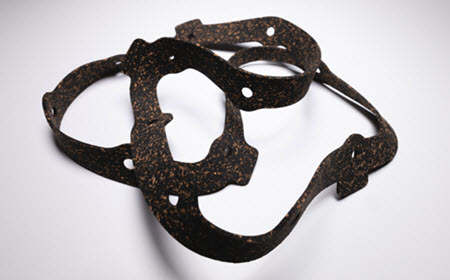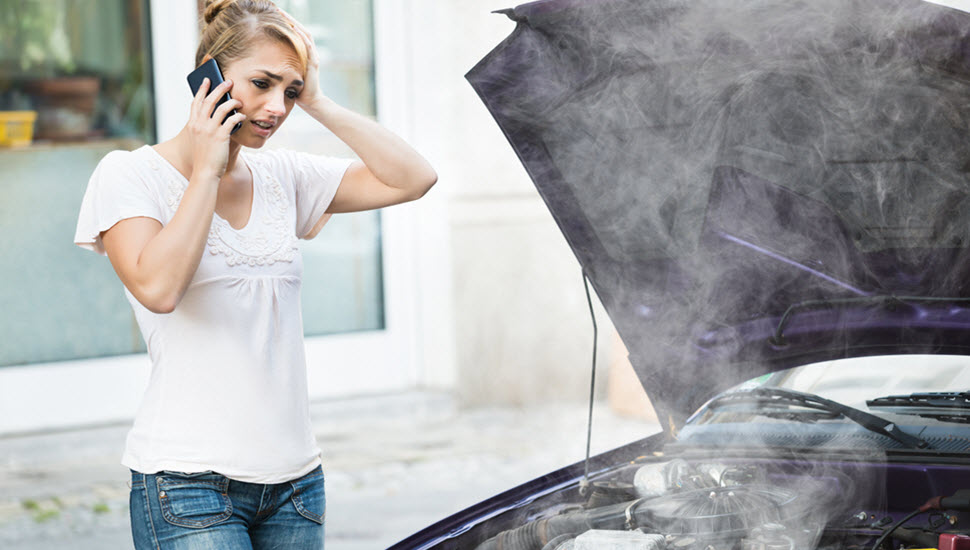In a Jaguar, maintaining great engine oil quality under the right amount of pressure is one of the most crucial aspects of continuous motor maintenance. The oil pan gasket, for example, has the potential to adversely affect all of the aforementioned, making it critical to solving any malfunction issues you may encounter in your Jaguar. We’ll go through how critical the oil pan gasket is to your Jaguar’s performance, how to spot indicators of failure and leaks, and what to do if you have any problems.
What is an oil pan gasket?
The oil pan gasket can be found between the engine block and oil pan of a Jaguar. Its primary function is to prevent oil from leaking out. Many oil pan gaskets are made up of silicone and come as a caulk cartridge or an RTV in a tube or a caulk cartridge.
Causes of Oil Pan Damage
- Impact Damage: If the pan receives impact damage from road debris or during a collision, it may leak. If it is cast aluminum, this is significantly more likely than if it is stamped steel. In such cases, the damage will most likely result in a crack or hole in the pan.
- Worn out Gasket: The oil pan gasket, which is made of rubber, isn’t indestructible, and like every other component of your car, it wears out over time as the miles build up. As the gasket deteriorates, it will no longer be able to seal oil, resulting in oil leaks. The sooner you detect the problem, the more quickly it may be addressed with minimal harm to your Jaguar.
- Lose Oil Pans: Debris, bumps, and other road hazards can all have an effect on many regions and parts under your car. One of those effects includes loosening the connection between the gasket and the oil pan, resulting in a less efficient seal that serves as a source of your leaks. Most of the time, it will just need to be examined and tightened, but if the damage is bad enough, the oil pan may need to be replaced.
Signs of Oil Pan Damage
- Heavy Smoking: Heavy smoke from the engine is one of the most visible symptoms that the oil pan gasket needs to be replaced. The smoke is caused by the oil from the oil pan when it falls on the exhaust manifold. Allowing this situation to persist may result in components such as oxygen sensors getting destroyed as a result of being constantly drenched in oil, causing the gaskets and sensors to fail.
- Engine Overheating: Part of what keeps the engine cool is the engine oil and it is used together with coolant to reduce friction and heat in the engine. A drop in the oil levels and a leak in the oil pan will cause the engine to overheat. If left untreated, an overheating engine can cause significant harm.
- Oil Puddles under the Car: If you notice puddles of oil under your car, it could be the result of a failing oil pan gasket. Due to the tremendous amount of heat that the gasket is exposed to, the rubber will begin to deteriorate over time. The gasket will eventually leak, resulting in oil puddles beneath the vehicle. Failure to address this problem promptly can result in a range of problems, including low oil pressure and oil level, which can jeopardize your vehicle’s functionality.
- Lower Oil levels than Usual: The leak from the oil pan gasket might be quite minor and even undetected in some circumstances. The only warning sign when you leak this is usually a lower than normal oil level. The majority of automobiles on the market feature a low oil light that comes on when an issue arises. The oil leak can be stopped by replacing the gasket.
Expert Service for Oil Pan Gasket Leaks in Warrenton
Euroservice Automotive, serving Bristow, Gainesville, Haymarket, Manassas, and Warrenton, VA, has been helping Jaguar owners get the most from their vehicles for years. If you find a leak in your vehicle, simply contact us and our team of experts will assist you through the entire repair process. Our ASE-certified mechanics use the most modern tools and technology to locate and correct the problem as rapidly as possible. Give us a call today!
Gainesville, Haymarket, Manassas, and Warrenton, VA, has been helping Jaguar owners get the most from their vehicles for years. If you find a leak in your vehicle, simply contact us and our team of experts will assist you through the entire repair process. Our ASE-certified mechanics use the most modern tools and technology to locate and correct the problem as rapidly as possible. Give us a call today!

 6583 Merchant Place Suite 304,
6583 Merchant Place Suite 304,




